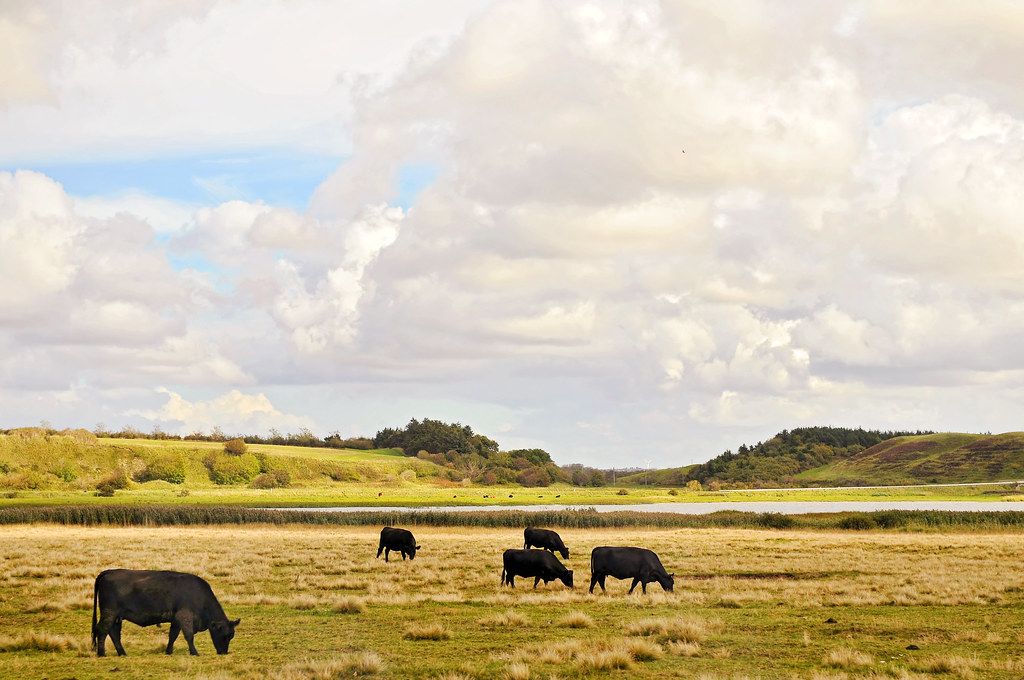From ‘Dark Waters’ to ‘Erin Brockovich’, Hollywood has done its best in recent years to highlight cases in which local people in the US are poisoned by corporations … generationally.
Now Denmark would appear to have its own case in Slagelse Municipality in west Zealand. Curiously though, it is not local drinking water that has been contaminated, but the livestock.
For over a decade, members of a country life community association Korsør Kogræsser -og Naturplejeforening (KKN) have been eating meat reared on a local meadow saturated in the carcinogen PFOS – 63 times more than the tolerable amount, reports TV2.
It has lit a cancer timebomb under the community, and the Environment Ministry has now been called upon to take action.
No drinking water … for humans
The Miljøstyrelsen environmental agency denies responsibility for the situation, which would appear to have been ongoing for at least 15 years.
In 2014, a Miljøstyrelsen report highlighted there could be problems with pollution in the area related to a firefighter training school that was closed in 2008, but nothing was done because the area did not produce drinking water – or at least drinking water for humans.
Cattle grazing in a meadow linked to the pollution source by a stream drank it daily, but nobody thought to tell the KKN members.
Not only does PFOS increase the risk of cancer, but it can cause hormonal disorders, make the immune system weaker, and lead to children being born at a lower birth weight.
It’s a bitter blow for KKN members who thought their meat consumption was a healthy option far more preferable than visiting the local supermarket.
Groundwater not the ground itself …
KNN chair Kenneth Nielsen, who has been eating the meat for 15 years, can’t understand why nothing was done in 2014.
“It’s unbearable to think about what we could have been spared if this had been followed to the door by the right authorities,” he said.
The report recommended Slagelse Municipality to specifically examine drinking water and groundwater for pollution, he added, but there was none.
“Our focus has been on drinking water and not on soil pollution,” explained municipality employee Jette Jungsberg.
“This is what we have been recommended by the authorities to do, so we have followed the authorities’ recommendations.”
Now a matter for the ministry
However, Jane Hansen, a manager with Miljøstyrelsen, insists the report did warn there was a risk to local soil.
The environment minister, Lea Wermelin, has now been called for consultation on the matter.
On March 10, Region Sjaelland set up a working group to assess how citizens who have eaten the meat can be helped.
It will operate out of the Arbejds- og Socialmedicinsk Afdeling department at Holbæk Hospital.















